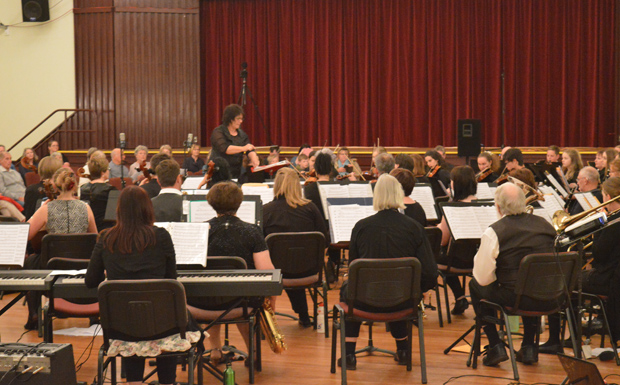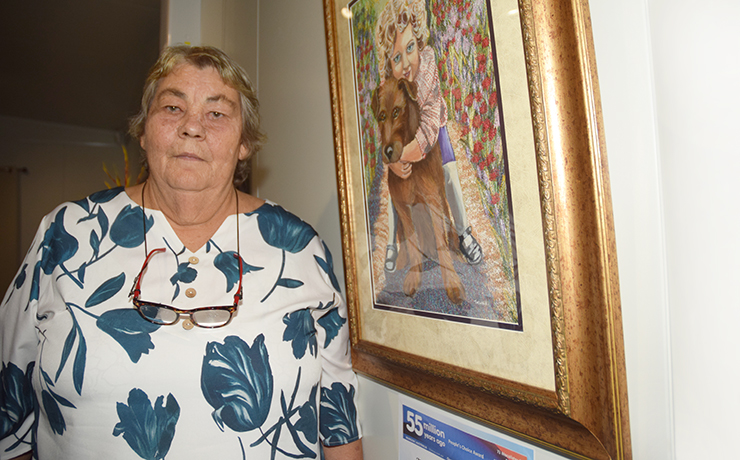August 20, 2012
Queensland drivers are finding their car’s security is most at risk while parked at home, according to RACQ Insurance.
New research shows the most common locations for vehicle theft and vehicle break-ins is in the owner’s driveway, garage or residential street.
The current Queensland Police Service Annual Statistical Review showed 9776 cars were stolen in Queensland during 2010-11, a 7 per cent increase over 2009-10 (8890).
The review also showed a 14 per cent increase in the number of the reported theft of items from vehicles – 26,192 in 2009-10 to 30,526 in 2010-11.
RACQ Executive Manager Insurance Communications Mike Sopinski said the surge in the number of reported car thefts was a concern.
“Our latest research indicates the emergence of an alarming new trend in vehicle theft with thieves now targeting cars parked at homes,” he said.
The RACQ Insurance research shows that 12 per cent of Queenslanders had a vehicle stolen within the past five years.
Almost a quarter (22 per cent) had their car stolen from the home driveway, followed by 18 per cent from on the street of their residence and 5 per cent from the home garage.
The RACQ Insurance research also found 23 per cent of Queensland motorists had been the victim of a car break-in within the last five years.
The home driveway was identified as the most common location for the break-in (33 per cent), followed by the street of their residence (13 per cent) and the home garage (11 per cent).
Mr Sopinski said improvements in car security had forced thieves to re-think their approach to vehicle theft.
“We have observed a significant increase in the incidence of thieves now targeting car keys,” he said.
“Keys have been frequently stolen during home break-ins, either as an opportunistic ‘find’ or as a deliberate theft target, thereby enabling vehicle theft, too,” Mr Sopinski said.
RACQ Insurance research shows 42 per cent of Queensland motorists do not secure their car keys while at home, which is an open invitation for car thieves.
“Car keys should always be secured while at home and should be treated with the same level of security you would with cash,” Mr Sopinski said.























